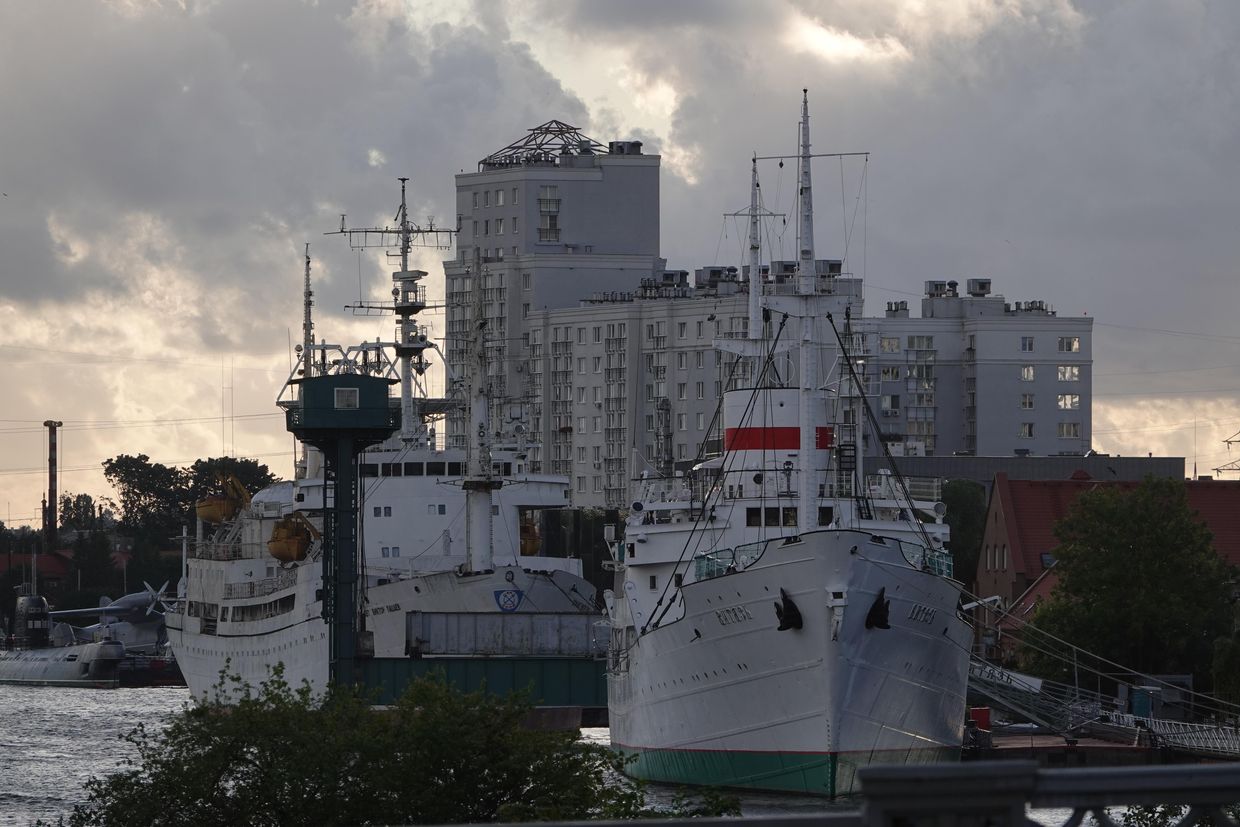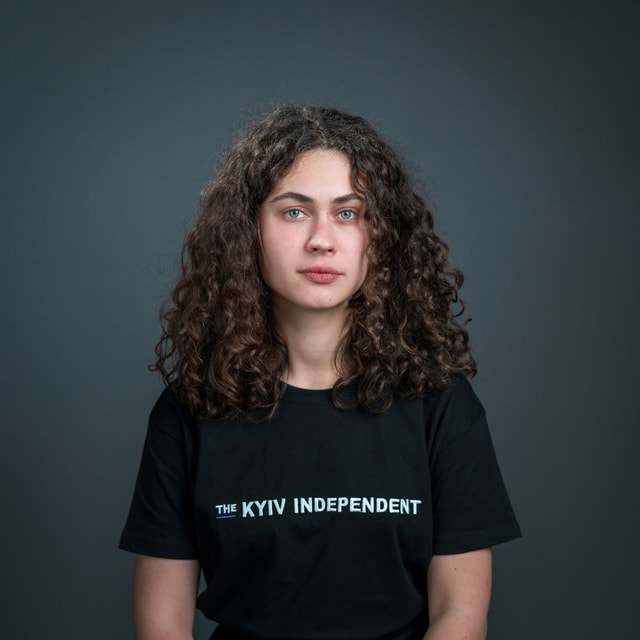Russian Baltic Sea provocations 'increasing threat of accidental military incidents,' Latvian intelligence says

Russian military behavior in the Baltic Sea region is "increasing the threat of accidental military incidents," Latvia’s Military Intelligence and Security Service (MIDD) has said in a new report.
The annual report, cited by Latvian media on May 6, said Russia is using aggressive tactics such as unauthorized airspace incursions and close encounters with NATO ships and aircraft.
"The purpose of the provocations is most likely to intimidate and test the potential opponent, while attempts to discredit the reactions and defense capabilities of the countries of the region are not excluded," it said.
These actions, MIDD says, are "increasing the threat of accidental military incidents."
Russia's Baltic Sea Fleet has its headquarters and main base in Kaliningrad Oblast which has access to the Baltic Sea. The headquarters of the Russian Admiralty is based in St. Petersburg, also located on the Baltic Sea.

Russia has restructured its military presence along its Baltic flank. The former Western Military District, which bordered Latvia, has been split into the newly formed Leningrad and Moscow Military Districts. This was officially presented as a response to Finland and Sweden joining NATO, according to MIDD.
Despite ongoing reforms, including the formation of a new army corps and the reorganization of old ones in Karelia and Kaliningrad, MIDD said that these changes have not yet resulted in a significant boost in Russia’s combat power near Latvia. Most of Russia’s military resources remain involved in the war in Ukraine.
MIDD highlighted a sharp reduction in large-scale exercises due to equipment and manpower shortages. Nevertheless, Russia and Belarus are planning to hold the Zapad 2025 (West 2025) joint military exercises later this year, as part of a long-standing series of drills held every two years since 2009.
The most recent iteration, Zapad-2021, involved over 200,000 participants and served as a prelude to Russia's full-scale invasion of Ukraine in February 2022.
Russia is committed to a long-term militarization strategy, according to the report, and Moscow plans to expand its armed forces from one to 1.5 million personnel, with much of the focus on its western flank.
While such goals may take years, or even a decade, to fully realize, Latvia should expect a gradual increase in troop presence near its borders after the intensity of hostilities in Ukraine decreases, it said.
The report also stresses that Russia's wartime economy is likely to remain in place. The shift away from peacetime economic priorities reinforces a sustained need for external confrontation and military expansion, making Moscow’s aggressive foreign policy not just a strategic choice but a domestic necessity, the MIDD added.











